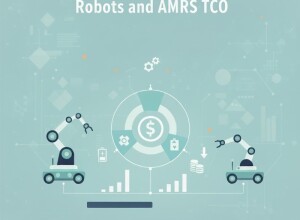What Is Artificial Intelligence?
Artificial Intelligence (AI) is a branch of computer science focused on creating machines capable of performing tasks that normally require human intelligence. AI is everywhere — from personal assistants like Siri and Alexa, to recommendation systems on Netflix and Amazon, to advanced scientific research in healthcare and autonomous vehicles.
Understanding AI
AI systems can analyze data, learn patterns, make predictions, and even interact with humans in natural language. Core AI technologies include:
- Machine Learning (ML): Algorithms that learn from data to make predictions or decisions.
- Deep Learning: Advanced neural networks capable of understanding complex patterns.
- Natural Language Processing (NLP): AI that understands and generates human language.
- Computer Vision: AI that interprets images and video.
- Reinforcement Learning: AI that learns by trial and error to optimize outcomes.
Why AI Matters
AI is transforming industries, enhancing productivity, and enabling new innovations. Understanding AI is essential for anyone who wants to navigate the digital world, whether as a consumer, professional, or researcher.
Applications of AI
AI is applied in numerous domains, including:
- Healthcare: diagnostics, personalized medicine, and drug discovery.
- Finance: fraud detection, risk analysis, and algorithmic trading.
- Retail: personalized recommendations, inventory management, and customer service.
- Education: adaptive learning platforms and automated grading.
- Transportation: autonomous vehicles and traffic optimization.
- Entertainment: content recommendation and AI-generated media.
Learn More
Explore related articles:
- The History of AI: From Turing to ChatGPT
- AI vs. Automation
- AI vs. Machine Learning vs. Deep Learning
Navigation
Continue exploring AI resources:







































